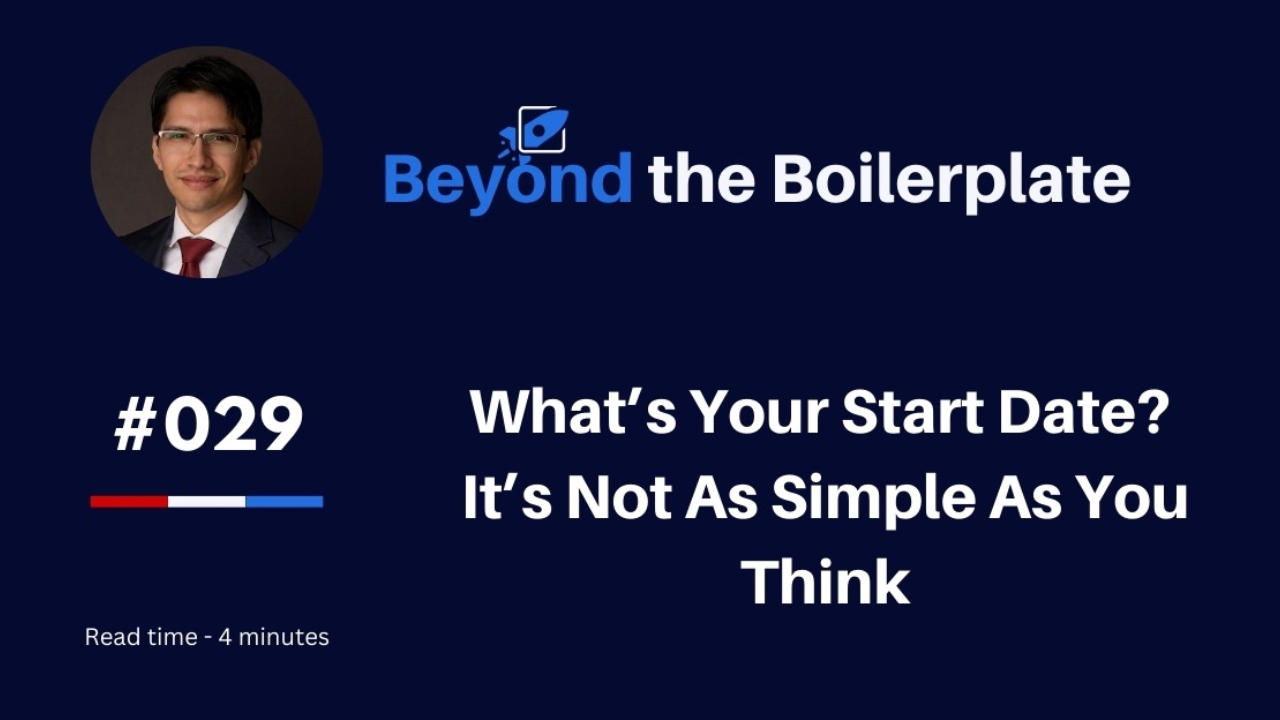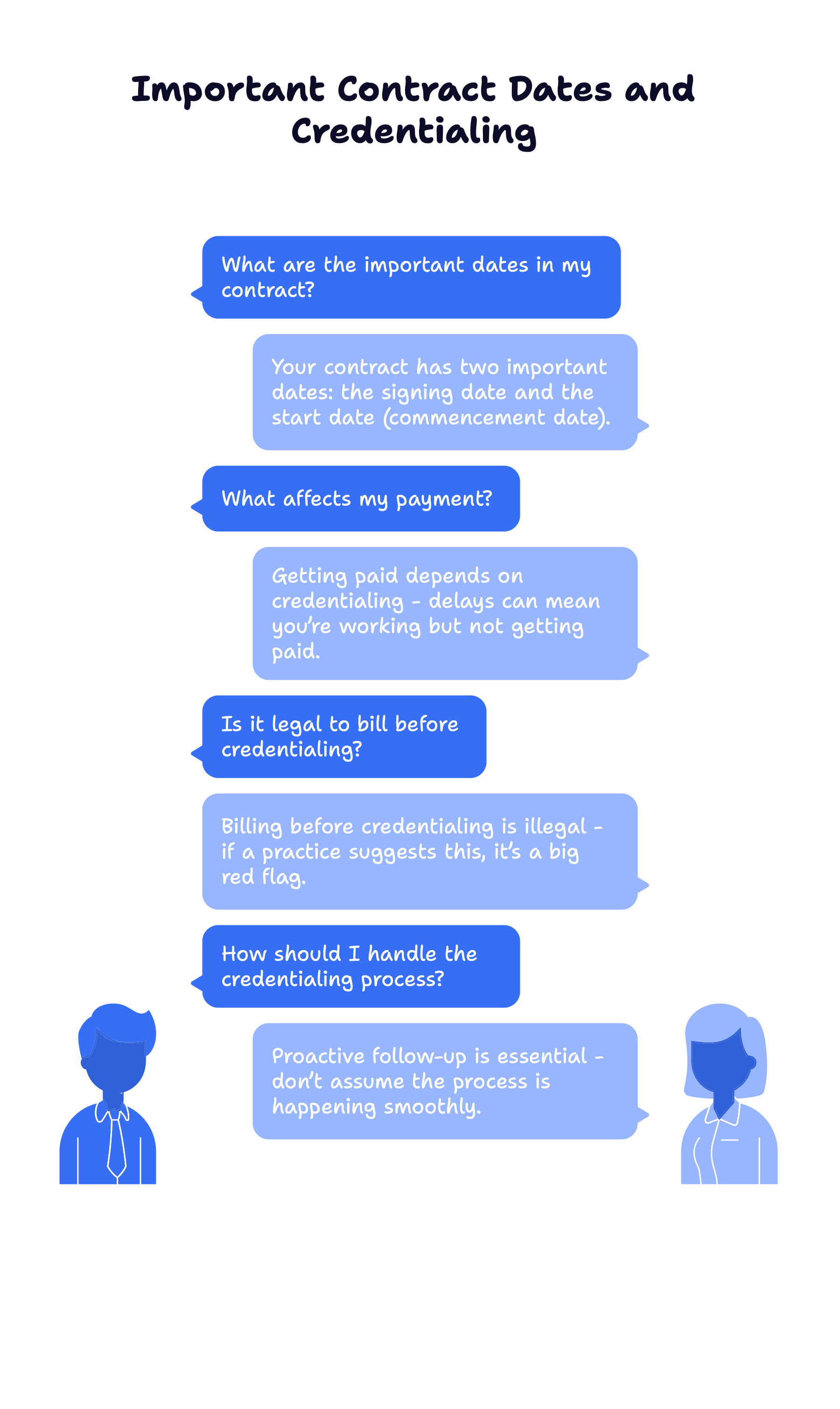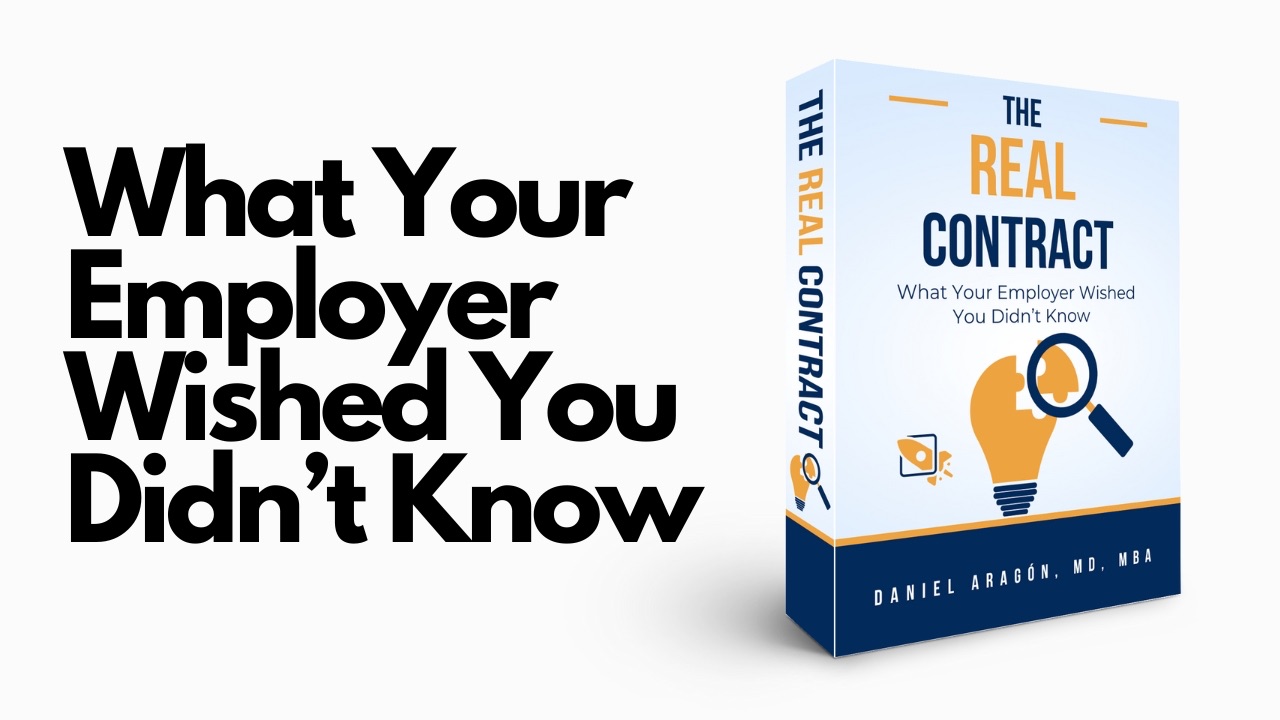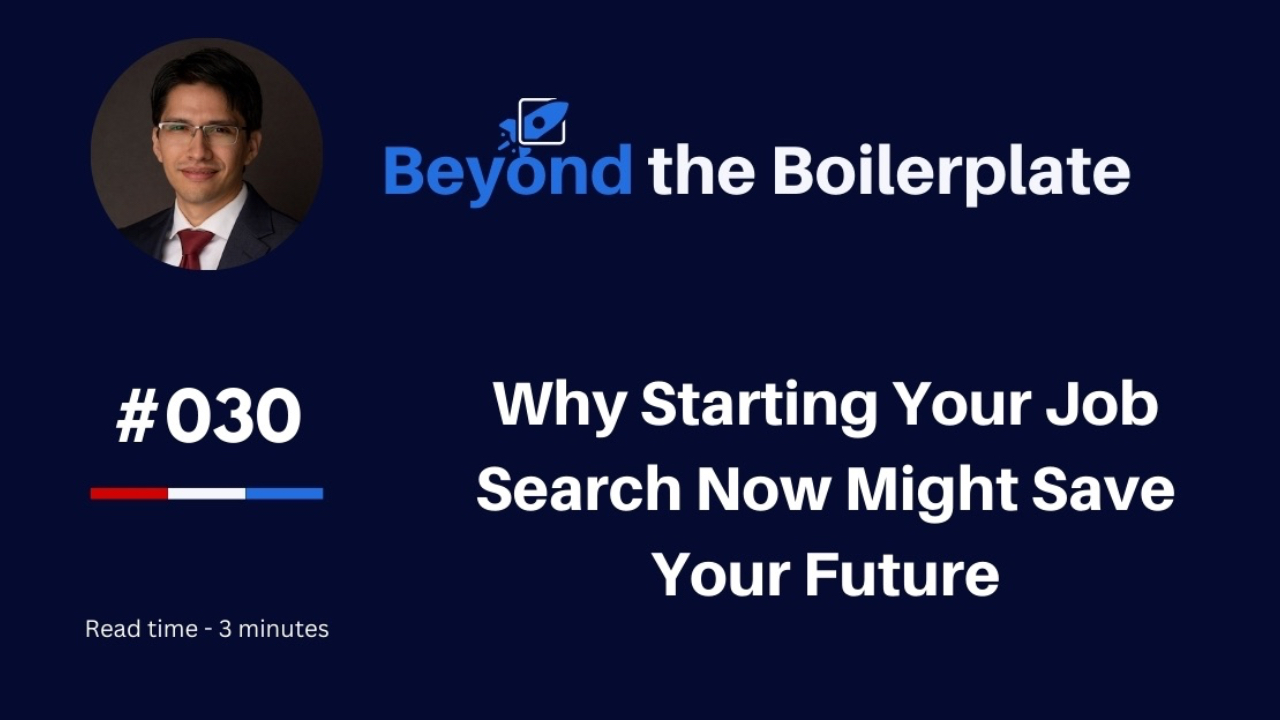
What’s Your Start Date? It’s Not As Simple As You Think
Key Takeaways
✅ Your contract has two important dates: the signing date and the start date (commencement date).
✅ Getting paid depends on credentialing - delays can mean you’re working but not getting paid.
✅ Billing before credentialing is illegal - if a practice suggests this, it’s a big red flag.
✅ Proactive follow-up is essential - don’t assume the process is happening smoothly.
When Does Your Job Actually Start?
You signed your contract. But does that mean you’re starting work tomorrow? No.
Most contracts have two dates:
- The date you and your employer sign the contract.
- The commencement date - when you officially start seeing patients.
These aren’t always the same, and if you assume they are, you might end up sitting unpaid for months.
Why Can’t You Just Start Right Away?
Think about it: You’re about to see patients, write prescriptions, bill insurance. But can you? No.
Here’s what needs to happen first:
- You need a state medical license (if you don’t already have one).
- You need to be credentialed with insurance plans so your employer can bill for your work.
- You need hospital privileges if your job involves inpatient care.
Any one of these can take weeks to months. If your start date is too soon, you might find yourself sitting in an office doing nothing while waiting to get paid.
What Happens If Your Employer Bills for You Before Credentialing?
🚨 This is where things can get illegal fast.
Some employers, impatient to get you generating revenue, might say:
“We’ll bill under another doctor’s name until your credentialing is done.”
That’s called fraud. It’s illegal. If caught, both you and your employer will face serious consequences.
If an employer suggests this, run. Or at least question their ethical standards.
How to Avoid Delays and Payment Issues
Don’t assume your employer is handling everything. Follow up. Repeatedly.
What You Can Do:
- Ask your employer who is handling your credentialing.
- Provide all paperwork (CV, medical license, DEA number, etc.) ASAP.
- Check in regularly - don’t wait until your start date to find out you’re not credentialed.
- If possible, negotiate pay during credentialing - some employers offer a stipend.
Your employer wants you seeing patients (aka making them money) as soon as possible. But if they’re slow with paperwork, you’re the one who suffers.
Protect Yourself
A delayed start date means:
❌ You’re not earning money
❌ You’re sitting around waiting
❌ You could be pressured into unethical billing
A realistic start date means:
✅ You’re fully credentialed and ready to go
✅ You get paid from Day 1
✅ No legal or financial headaches
Bottom line? Don’t sign a contract without understanding your start date and credentialing timeline. Ask, follow up, and protect yourself.






